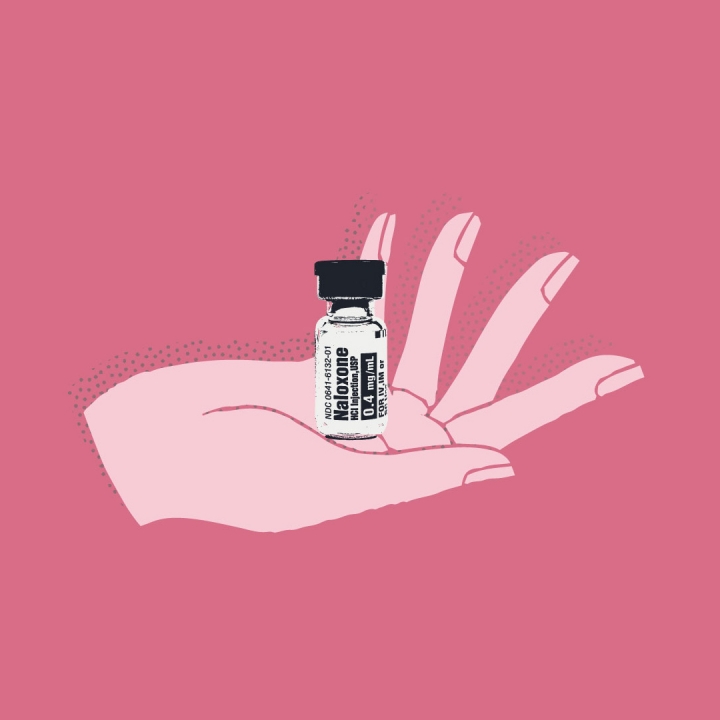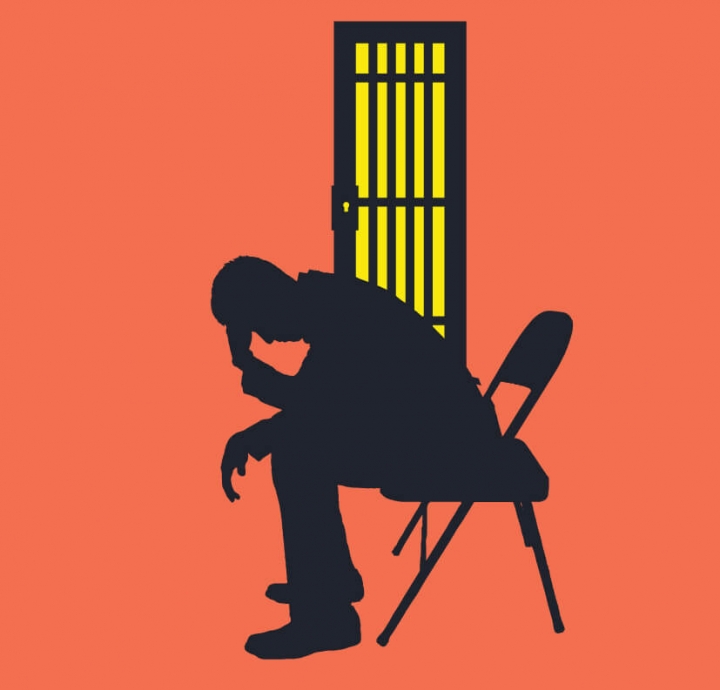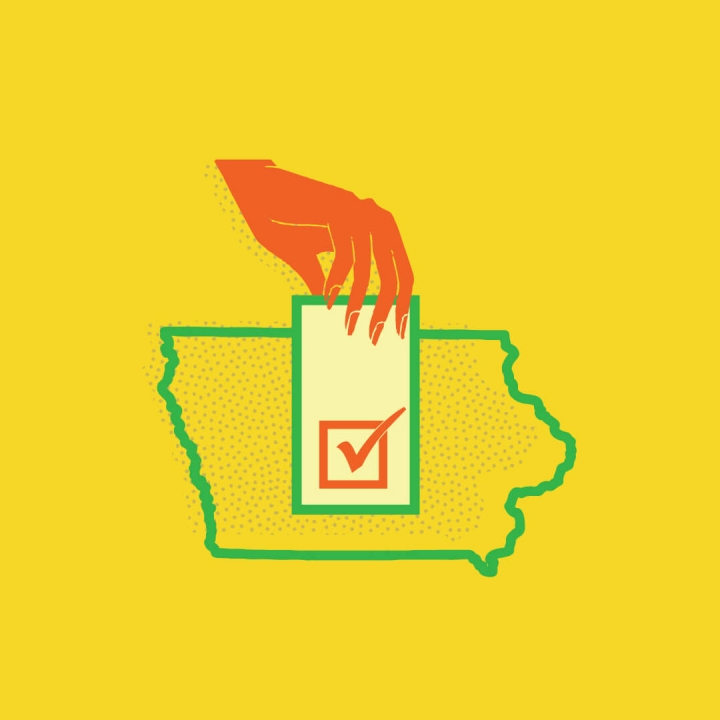Legislative Agenda for Iowa
The Iowa Harm Reduction Coalition’s Legislative Agenda is a reflection of the new narrative for persons experiencing drug dependence.
The challenge we’ve accepted is the need to promote evidence-based policies that are counter-intuitive to the traditional narrative about substance use dependency but are undeniably effective. First and foremost, acceptance that substance use dependency is a disease – not a choice – and that the lives of persons experiencing drug dependence are worth investing in. By educating policy makers, legislators, elected officials and community leaders we will tell the story of how Iowa laws can promote fairness in the access to prevention care and services and lifesaving interventions, decriminalize active addiction, and restore the belief in human resiliency.
Let’s get on the same page about what needs to change:
IHRC’s Legislative Agenda
1
Legalize syringe service programs
2
Remove barriers to access for naloxone
3
Remove the fear from the current Good Samaritan Law
4
Don’t send a sick person back to prison
5
Spread the cure for hepatitis C
6
Restore their dignity by restoring their right to vote
Our number one priority: Legalize Syringe Service Programs (SSPs)
- Create an oversight program in the Iowa Department of Public Health.
- Ensure implementation of local programs remains flexible, has low administrative burden, and are cost effective to implement.
SSPs (aka needle exchange programs) are effective for overdose prevention and connecting patients to drug treatment programs. They reduce the transmission of HIV, viral hepatitis, and bacterial infections. SSPs decrease the presence of used needles, too. First responders and law enforcement avoid the adverse effects of needle stick injuries, and playgrounds are safer for our children, too. Currently, SSPs explicitly permitted in 31 states. This is up from 24 in 2017 and includes two of Iowa’s neighbors, Minnesota and Illinois. Only good will come from legalizing SSPs. They will have no harmful effect on Iowans.

Remove barriers to access for naloxone (Narcan)
There’s a fairness issue in Iowa. When someone has a heart attack, Iowa hospitals stabilize them and then put a care team around them to help them get better. Instead of a heart attack, our loved ones overdose. Just like people who have multiple heart attacks, persons experiencing active addiction may overdose several times.
If they survive, it could be that someone administered naloxone to them. Naloxone reverses the effects of having too much opioids in your system just as an epi-pen reverses life threatening allergy attacks. In Iowa, we limit access to this life saving anecdote although it’s much, much easier to use than an epi-pen. These limitations concentrate the cost burden to our healthcare system and first responder agencies. We’re asking the legislature to expand the authority for who and what organizations can distribute naloxone to spread the costs and the opportunity to save lives.

Remove the fear from Iowa’s Good Samaritan Law.
In other states, Good Samaritan laws alleviate the fear of arrest so people will call 911 when they witness an overdose. Iowa’s law has so many barriers that it’s severely underutilized. Death is the consequence. Iowa’s Good Samaritan laws should be about rescuing patients instead of arresting criminals. We need your help in changing this culture in Iowa and the laws and policies that validate this tired story. Many law enforcement officials agree with IHRC but we still have some hearts and minds to change.
Click here for more information.

Help persons experiencing drug dependence with life after arrest
The goal of probation and parole is to monitor an individual to prevent reincarceration and reoffending. Yet, persons with substance use disorder who are involved with the criminal justice system in Iowa are up against many barriers to achieving this goal. Immediately after release, these individuals are at an especially high risk of overdose, however, they face barriers to medication assisted treatment (MAT). Each barrier fuels the fear of returning to prison and it leads to the tragically common tale of relapse, repeat offenses, and death.
Iowans will benefit from unified and consistent statewide laws that provide trust and assurance. Assurance that individuals with a substance use disorder diagnosis will not be remanded back to prison for participating in MAT. Trust that patients who do relapse upon release from prison will be allowed to transition into a MAT program without the fear of violating their conditions of probation or parole. Consistent statewide laws are needed to guarantee a person with a substance use disorder diagnosis may access treatment services without fear of consequences for needing help. This strategy contributes to the prevention of recidivism and in slowing the growth of Iowa’s rising prison population.

Spread the cure for hepatitis C
Hepatitis C is a national epidemic. The Iowa Department of Public Health estimates that there are between 39K – 150K Iowans living with the virus. If left untreated, it leads to live cancer, liver failure, and ultimately death. Treating Medicaid patients for hep C is expensive. But with early therapy, the need for liver transplants and cancer therapies can be avoided. Unfortunately, Iowa Medicaid is using prior authorization criteria to keep hep C patients from accessing treatment. This is in violation of federal regulations and frankly, of Iowa morals and values. What would you do if you had a cure? Put up barriers to access it or give it to people? IHRC is stepping up pressure to change this illegal practice in Iowa.

Restore their dignity by restoring their right to vote
President George W. Bush said in a powerful statement, “America is the land of the second chance – and when the gates of the prison open, the path ahead should lead to a better life.” Iowa is the only state in the nation that takes away the right to vote for felon status unless application is made to the Governor for restoration. We support Governor Reynold’s call to change Iowa’s constitution to restore felon voting rights upon discharge after completion of their sentences. How is it possible to be an American without the right to vote? Let’s restore the full dignity of their citizenship to empower their full participation as they reenter society.







